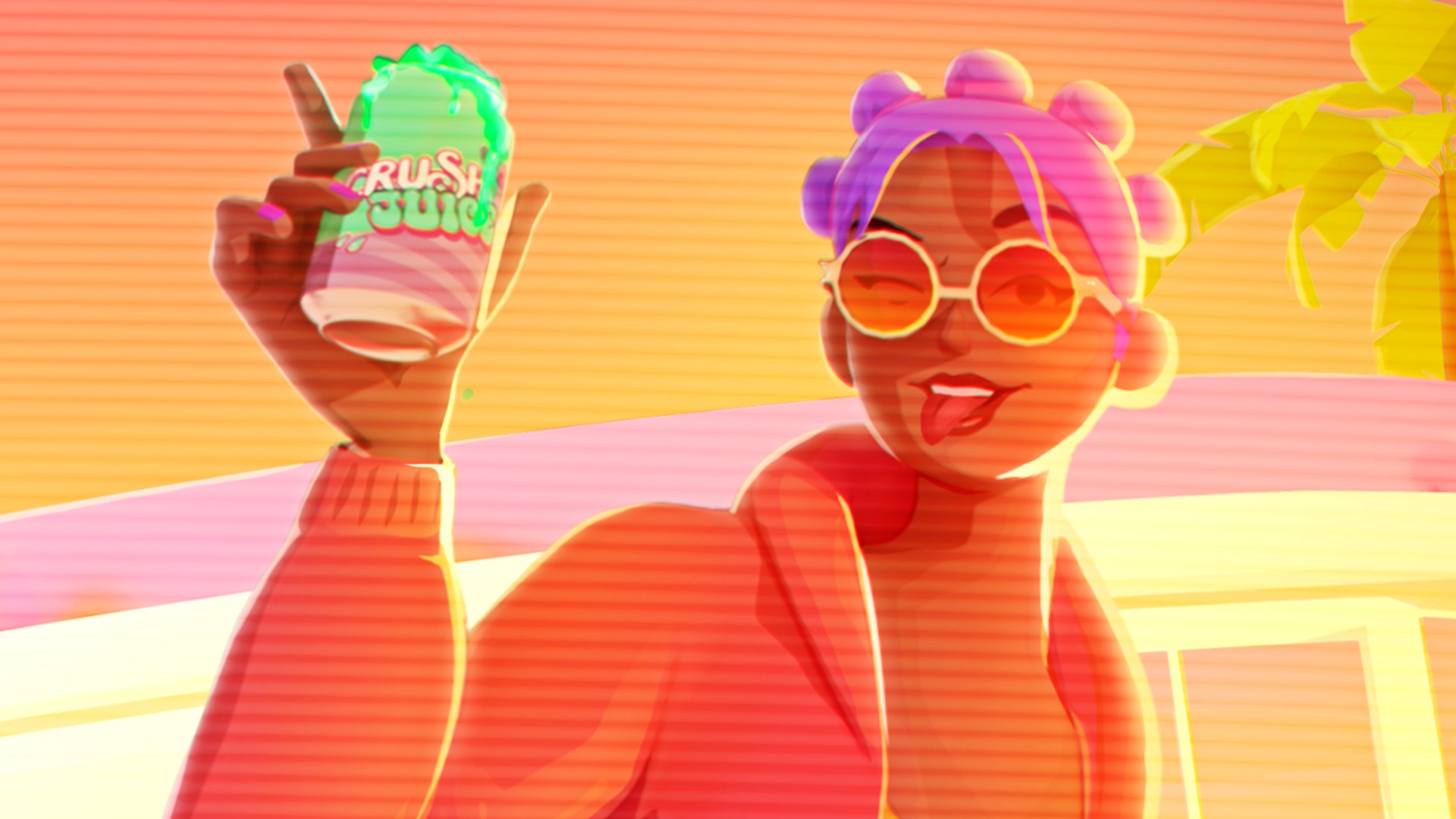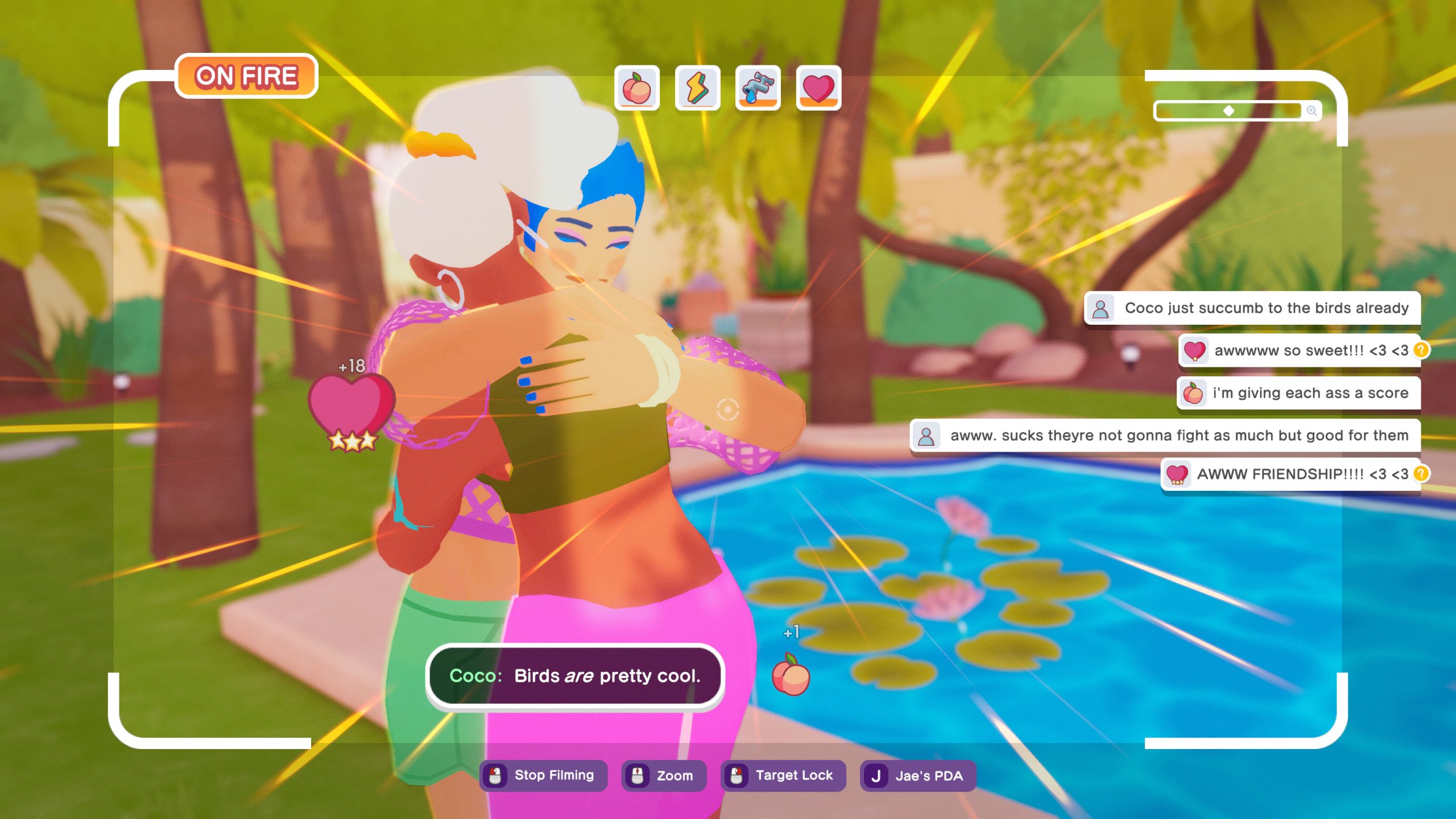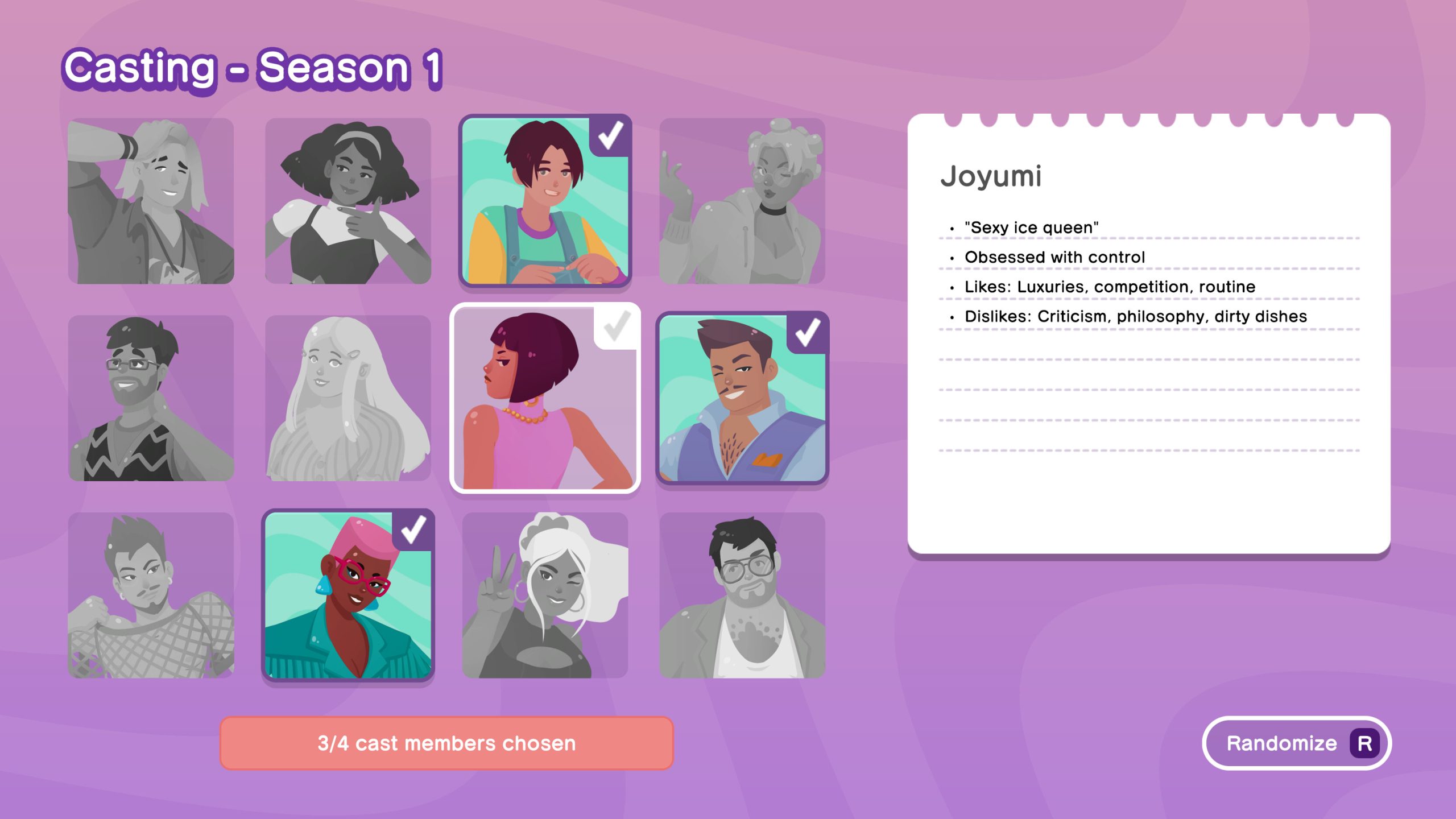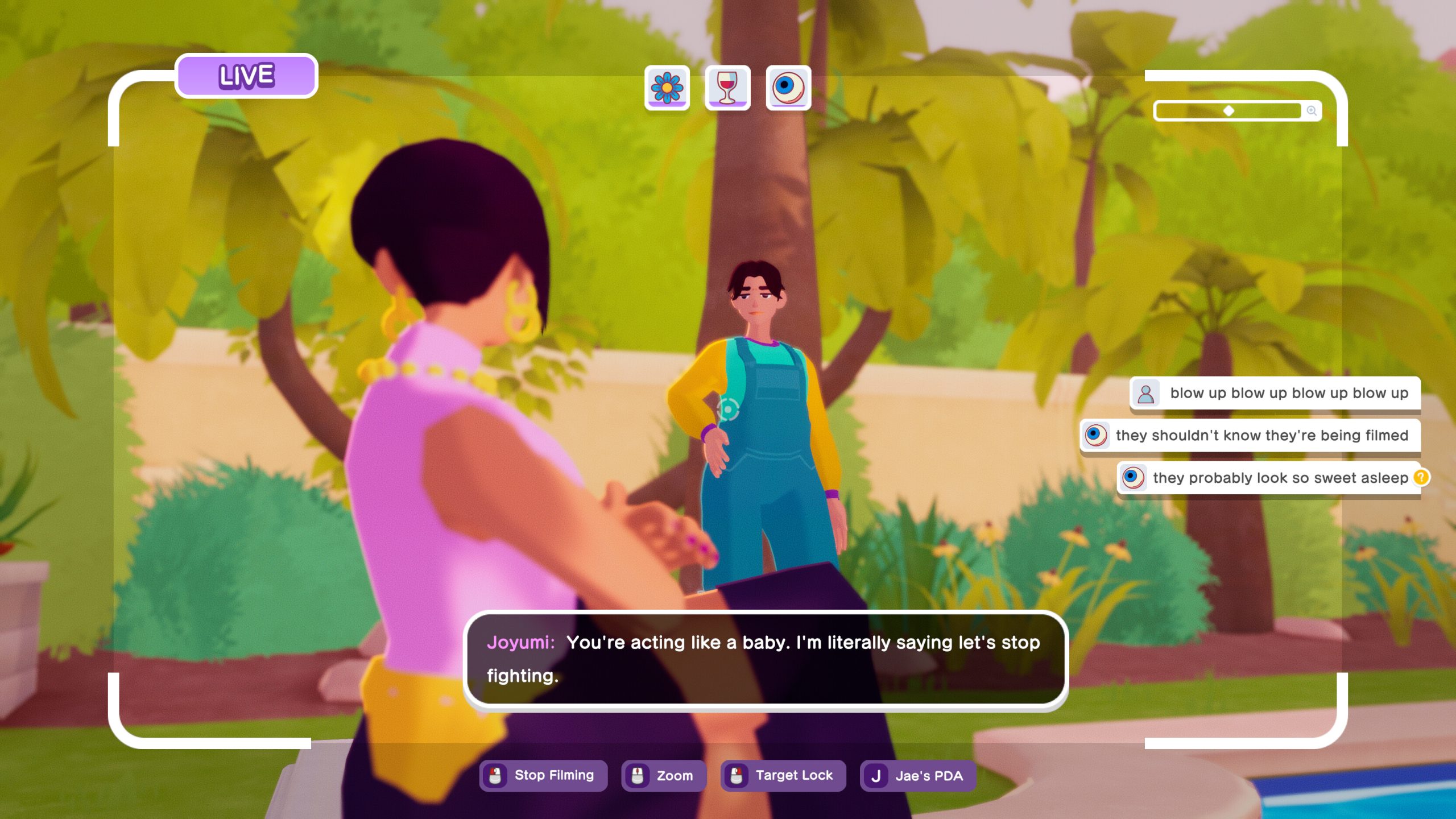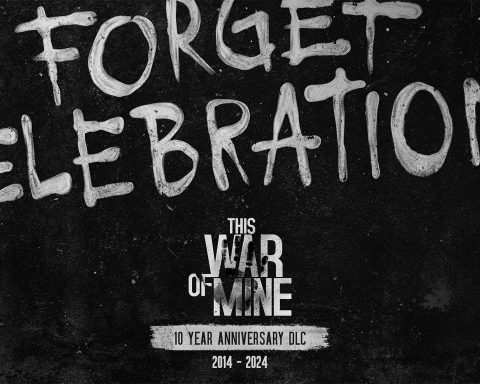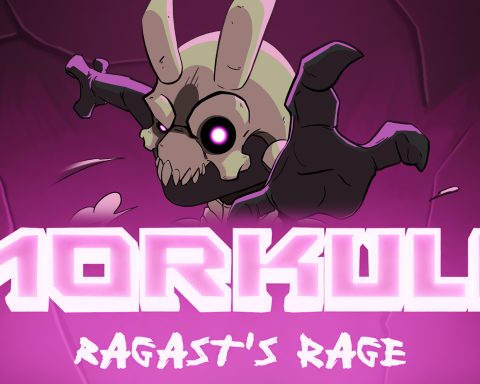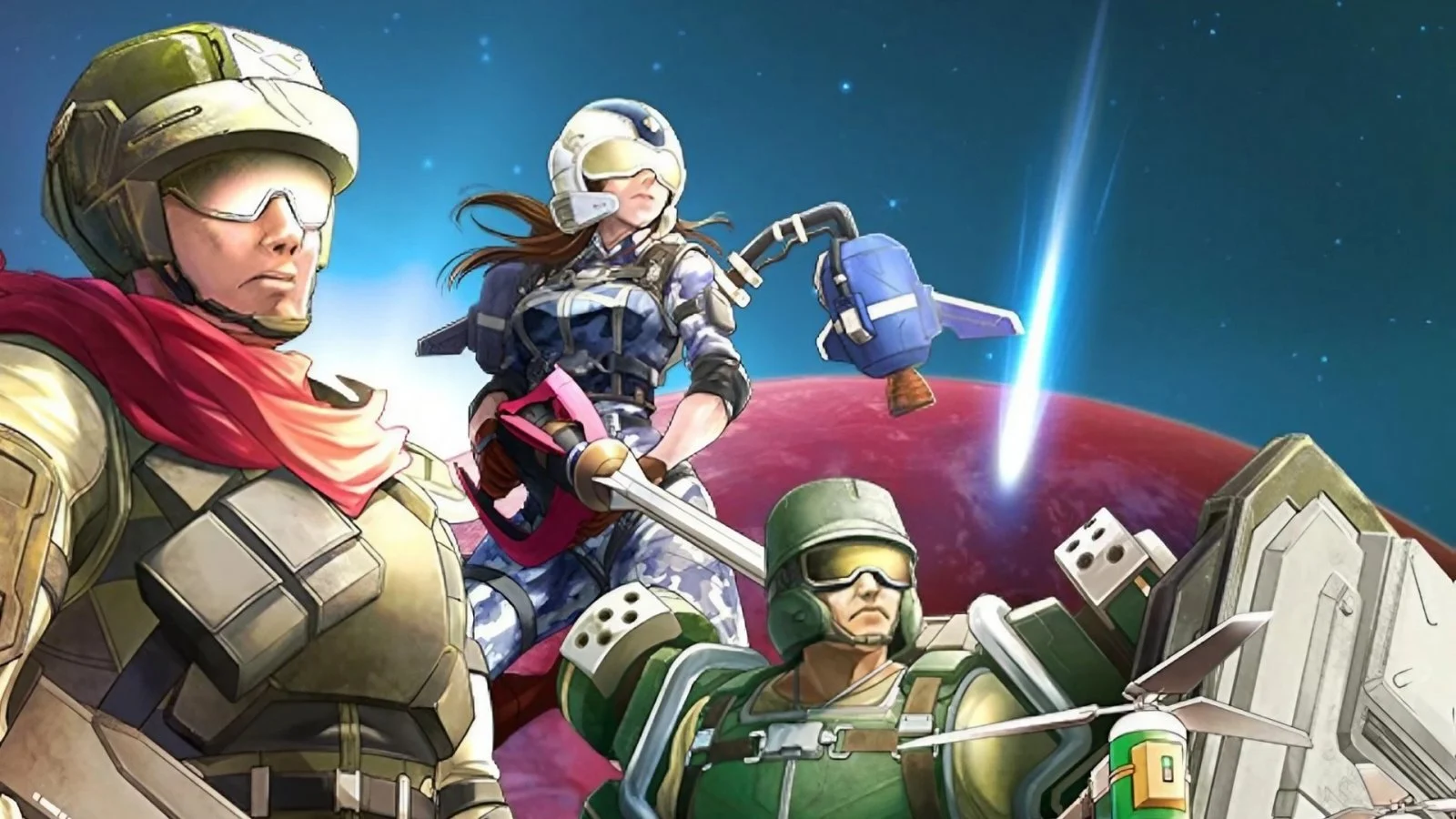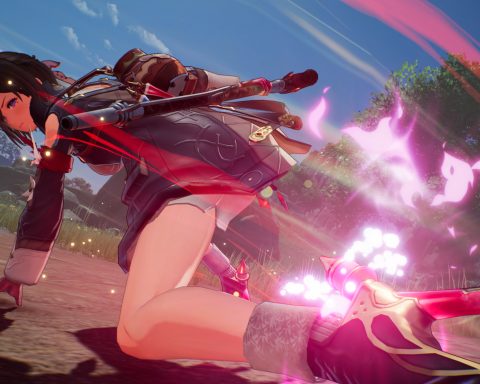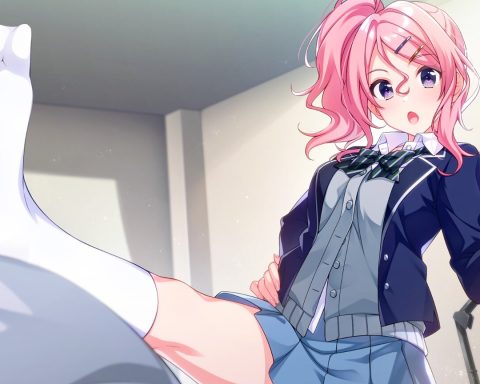“It’s time to start taking reality TV more seriously,” a headline in Columbia University’s magazine proclaimed. It’s true, too. As the article goes on to note: “Studies reveal that more people in the US are watching reality TV than not, and nearly half of all TV series are unscripted. Media research has long shown that what we see on TV impacts our beliefs, values, and attitudes and how we move and act in the world.
“I see reality TV as a kind of fun-house mirror, because it can show us ourselves in caricatured or amplified form. The genre reveals some of the worst things about society — sexism, racism, classism, materialism — and dials them up to eleven.”
To put it another way, then, reality TV fills the same role in society that the clowns of the circuses of yesteryear did, and they are equally horrific in what they tell us about ourselves. It is time to take reality TV more seriously, because reality TV has an awful lot that we need to look at, and then take a long, hard look at ourselves as a society over.
With that in context, The Crush House – a game where you play as the camera operator and producer of a reality TV show – is a fascinating and potentially hugely insightful game. Directed by the team at Nerial, and published by Devolver Digital, Crush House might look bright and bubbly on the surface, but underneath it promises some darkly comedic, satirical takes on the reality TV theme and what it says about us.
Related reading: Check out the trailer for the game here.
We sat down with the game’s director, Nicole He, to dig into the creative and thematic depths of this unique project.
DigitallyDownloaded.net: What are you looking to achieve with Crush House? What’s the goal of this game?
Nicole He: Our goal was to create something unusual and experimental that can surprise people. Working with Devolver has allowed us to craft an experimental game with that distinctive Devolver edginess, but would also appeal to a different audience, particularly women. We don’t see many games with this kind of resource backing that speak to this demographic.
More specifically within the game, it addresses themes about reality TV, media, and human relationships, particularly parasocial relationships and the interaction with faceless audiences online. I hope it inspires more media to tackle these contemporary issues.
DigitallyDownloaded.net: What drew you to reality TV as the subject for a game?
He: While I’m a fan of reality TV, the choice wasn’t solely based on personal interest. Reality TV is significant in our culture because it embodies our collective anxiety about distinguishing reality from fabrication. Social media exacerbates this, making it difficult to discern genuine content from AI-generated or staged material.
By making a game about reality TV, we explore these deeper cultural concerns and offer players a behind-the-scenes power fantasy, letting them control how reality is conveyed to audiences.
DigitallyDownloaded.net: The game strikes a satirical tone, which can be tricky in an interactive medium. How did you ensure that the satire comes across clearly to players?
He: I’m not too concerned about players missing the satire because reality TV itself feels like a satire of real life. People already watch it with an ironic awareness. We create over-the-top scenarios that might seem satirical, but reality TV often surpasses our wildest inventions. The absurdity of reality TV means our game can push boundaries without feeling unrealistic – it’s impossible to satirise reality TV sometimes because the most extreme, ridiculous thing that you can imagine has already happened on one show or another. We’re not just mocking reality TV; we highlight its fun and entertainment value while also acknowledging that it can have genuine, moving moments.
DigitallyDownloaded.net You have a diverse cast of 12 characters in the game. How did you decide on this mix?
He: We wanted a range of distinct characters, each with negative and positive traits. These traits and their interactions form the basis of our reality TV simulation system. The writing and narrative team did an excellent job planning these characters and ensuring their traits are reflected in their dialogue. The procedural approach we’ve taken ensures that the characters’ actions feel true to who they are, creating dynamic and logical relationships that evolve as the game progresses.
DigitallyDownlaoded.net: Crafting these characters with unique identities and non-linear storylines must have been challenging. How did you approach this?
He: The game’s design allows players to choose any four of the 12 characters, resulting in 495 possible combinations. This required a procedural approach to storytelling. Initially, we tried a three-act structure, but it felt too specific. Instead, we developed ‘beats’ or scenarios based on personality traits and other factors, allowing for more dynamic interactions. This emergent narrative effect creates storylines that feel logical and engaging, even if the exact interactions differ with each playthrough.
DigitallyDownloaded.net: Were there any specific references or inspirations from other games that influenced Crush House?
He: The most obvious inspiration is The Sims, due to its simulation of characters and interactions. However, our gameplay differs significantly as you aren’t in total control but rather filming content to satisfy audiences. We had to invent this mechanic from scratch, though early references included photography games like Pokemon Snap. The challenge was creating a game mechanic for video recording that was meaningful and fun, which we believe we achieved.
DigitallyDownloaded.net: Reality TV has a dark side, including exploitation and voyeurism. How does Crush House address these issues, and are you comfortable with making players uncomfortable?
He: It’s not a wholesome game; it has a dark side because the topic itself is dark. We balance the fun, trashy entertainment with a look behind the scenes at the darker aspects of reality TV. We explore themes like exploitation and complicity, posing big questions about the genre. This dark side forms the overarching narrative, driving the mystery and deeper story behind the everyday drama of reality TV.
DigitallyDownloaded.net: The art style of Crush House is unique. How did your team develop it?
He: Our art director, Delphine, iterated on the style, aiming for a bright, candy-colored palette reflecting the overly sweet, junk food feel of reality TV. The characters have a voluptuousness that adds to the fun, sexy, and slightly sickening aesthetic. This visual style complements the game’s tone, which became more trashy and exaggerated as development progressed.

